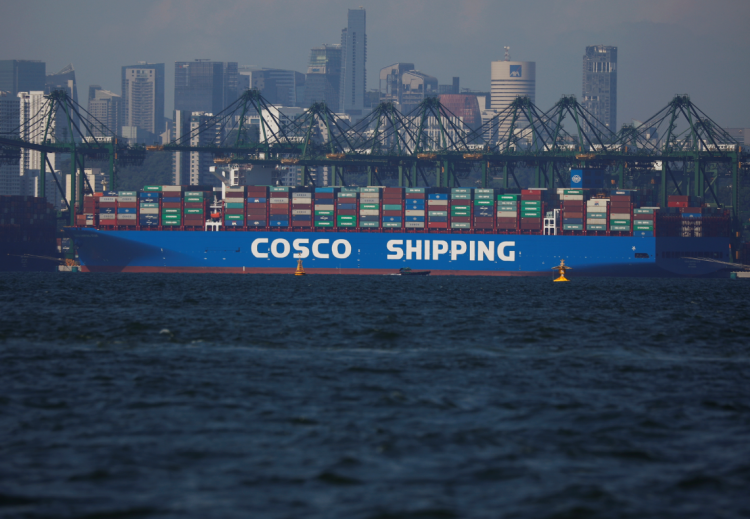All of Asia's leading economies are in for slower than expected growth this year and 2020, while Asia as a whole will see a slight reduction in economic growth over this two-year span. Emerging Asian markets will also continue their downward spiral that first manifested in 2018.
The International Monetary Fund (IMF) in its Regional Economic Outlook report released Wednesday also said risks to growth include a faster-than-expected economic slowdown in China, rising geopolitical risks and a deterioration in regional stability such as Japan's and Korea's bilateral relationship still threatened by conflicting territorial claims.
On average, economic growth in Asia's economies is projected to slow down to 5% in 2019 and 5.1% in 2020, which is 0.4% and 0.3% lower than IMF projections made in April.
Among major economies, China should see growth slow to 6.1% this year and fall further to 5.8% in 2020. The deceleration is being put down to trade tensions, geopolitical forces, and global uncertainties that add further downside pressures to the Chinese economy.
"The Chinese economy is slowing down, which has continued an earlier trend of slowing down, which started a couple of years ago," said Tao Zhang, IMF's deputy managing director.
Growth in South Korea might decelerate to 2% this year and 2.2% in 2020. Both estimates are 0.6% lower than predicted. Singapore's economy could grow just 0.5% this year and 1% in 2020. These estimates are lower by 1.8% and 1.4%, respectively, than earlier projected by the IMF.
Growth in India for this year was slashed to 6.1% from the 7% the IMF forecast in July. On Oct. 13, the World Bank cut India's GDP growth for 2019 to 2020 to 6%.
"India's cyclical slowdown is severe," said the World Bank's latest South Asia Economic Focus report. The World Bank also projected India's growth rate at 6.9% for 2020-21 and 7.2% for 2021-22.
Japan's economy is anticipated to inch forward by just 0.5 percent in 2020. This meager growth is being compounded by Trump's trade war and the prospect of being hit by Trump's sanctions.
Hong Kong, which has been pummeled by street protests over the past five months, will suffer the most. Its once-vibrant economy is expected to grow 0.3% this year and 1.5% in 2020. These estimates are 2.4% and 1.5% lower than the IMF's initial projections.
Hong Kong fell into a technical recession this month, said chief executive Carrie Lam. The IMF report singled out the wave of protests in Hong Kong as one risk that might affect the region.
"A deterioration of the sociopolitical situation, for example in Hong Kong ... could have economic spillovers to other countries in the region and beyond," said the IMF in its report.






